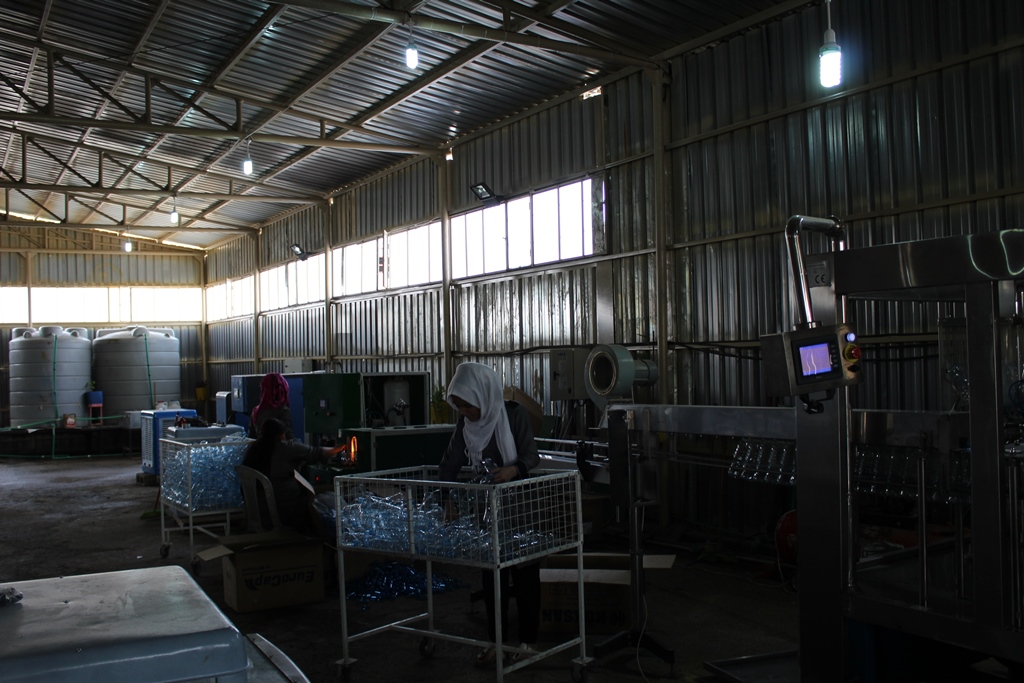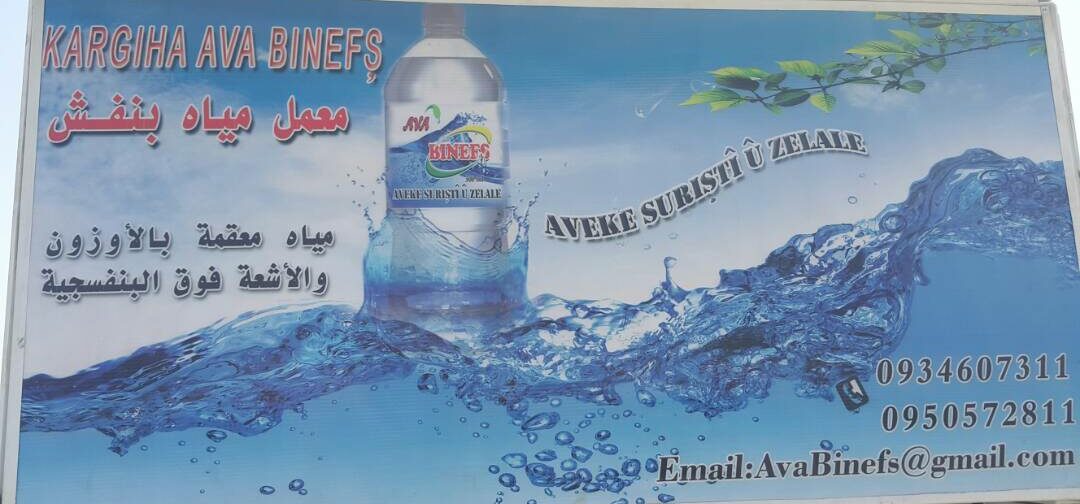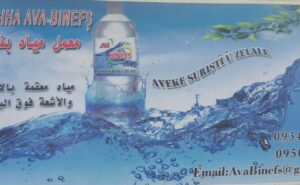Binefsh Water Filtering and Bottling Plant Co-operative is another step toward enhancing participatory work, achieving self sufficiency, supporting people with limited income, and creating jobs.
The economic institutions in Rojava, in their framework of supporting a participatory communal economy and developing the industrial sector, continue to establish more pioneering economic projects supervised by co-operative societies, that contribute to enhancing participatory work and supporting the people.
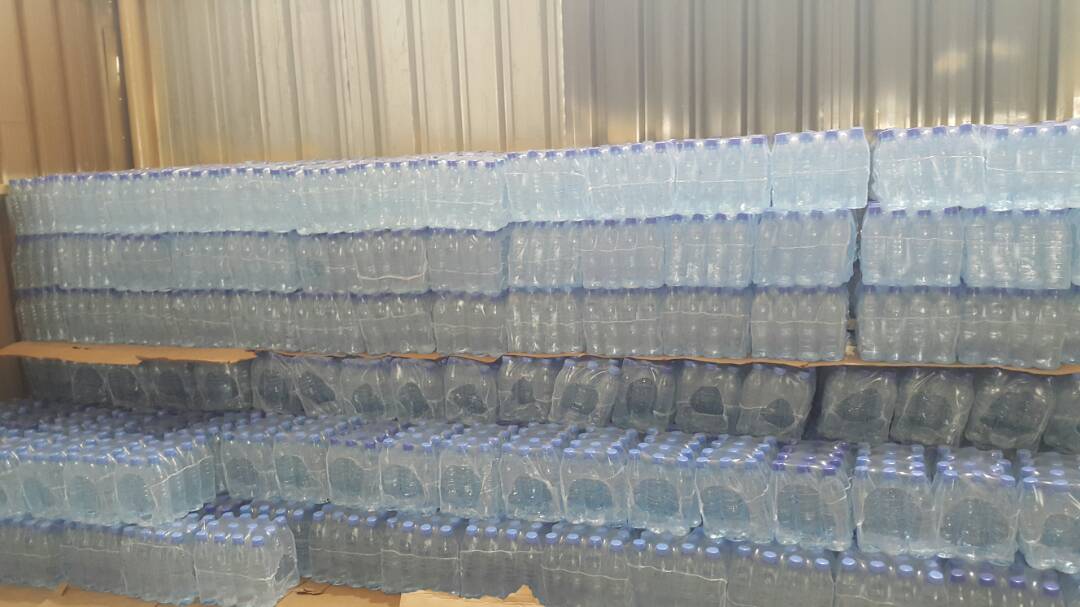
Binefsh Mineral Water Filtering and Bottling Plant
One of these pioneering projects is a mineral water filtering and bottling plant in Girkê Legê, that is supervised by the Economic Committee, and a co-operative society that includes 700 members.
The plant was constructed in Rmelan in the region of Girkê Legê, and it cost 25 million SYP [Syrian Pounds]. The members of the co-operative participated in raising the money by buying shares, with each share costing 10,000 SYP.
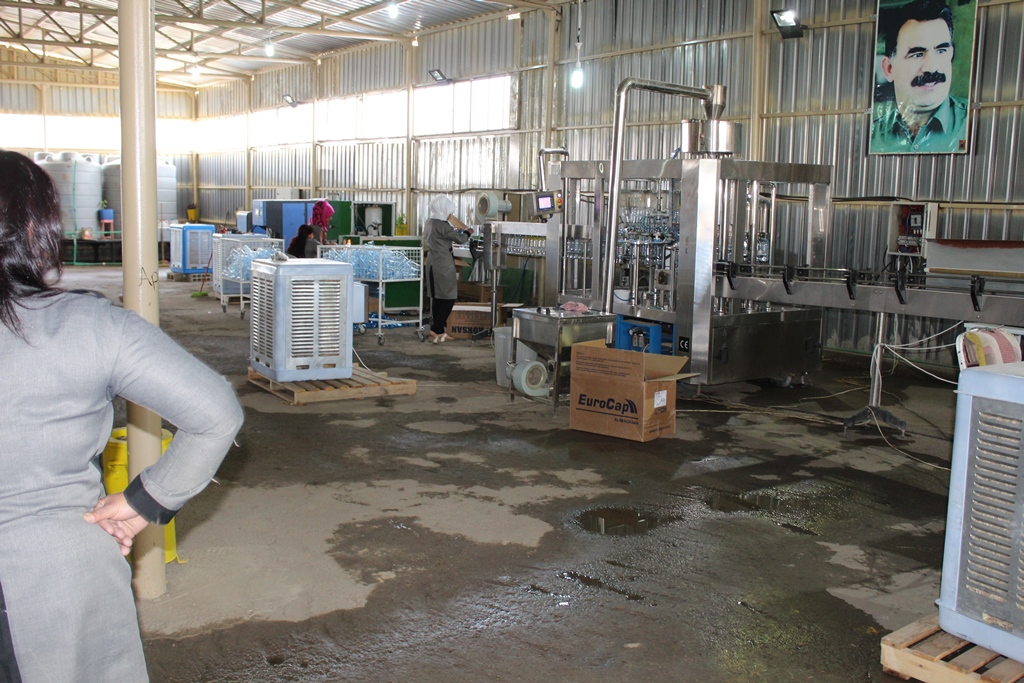
The plant has four sections: a section for purifying the water emerging from an artesian well which belongs to the plant; a section for sterilising the bottles using heat; a section for bottling, and a section for packaging.
Twelve thousand bottles a day would satisfy the region’s need for mineral water
According to administrators, the plant produces about twelve thousand bottles every day, and it works in two shifts: a day shift and a night shift. The produce will be marketed and distributed to the shops in the Jazira Canton [Kantona Cizîrê / Cezîre].
Busna Saleh, an administrator for the project, said that the objective of establishing the plant is to satisfy the region’s need for bottled mineral water, so as not to rely on imports─especially under the siege the is imposed on the region.
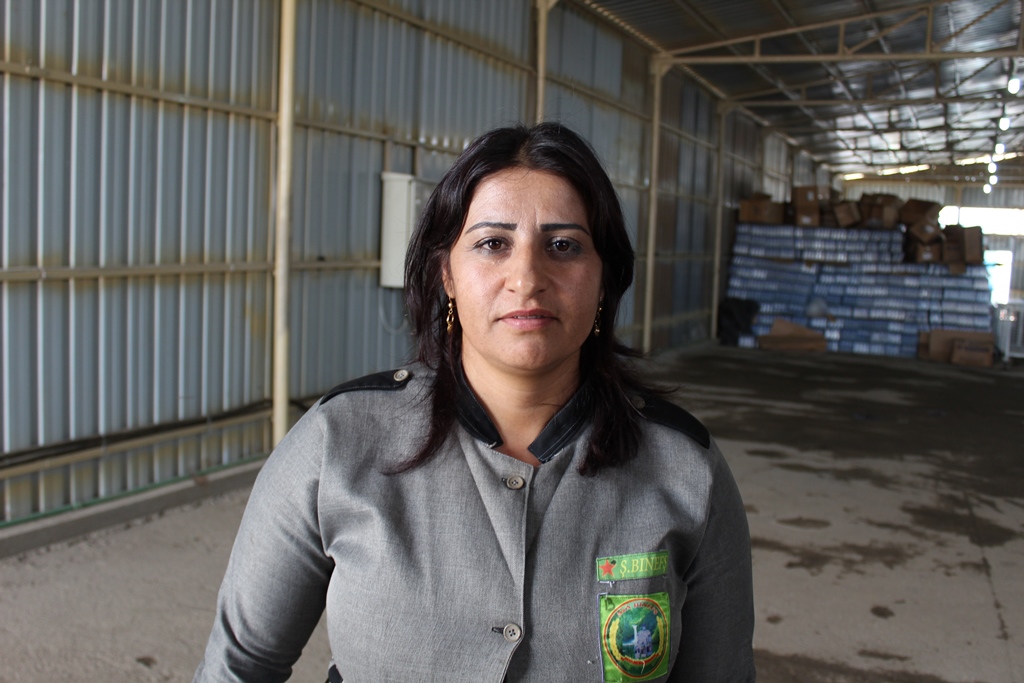
Also, the revenue from the plant provides an additional income for members of the co-operative, whose numbers have reached 700. Many of the members are people with limited income. According to Busna, the plant is a also a step toward developing the industrial sector and improving the economy of the region.
Twenty women work in the plant
Binefsh plant created jobs for more than twenty female workers and also to specialists and administrators. One of the pioneering steps that the management has made is to employ women. There are twenty women working in the plant, half of them working day shifts and the other half working night shifts.
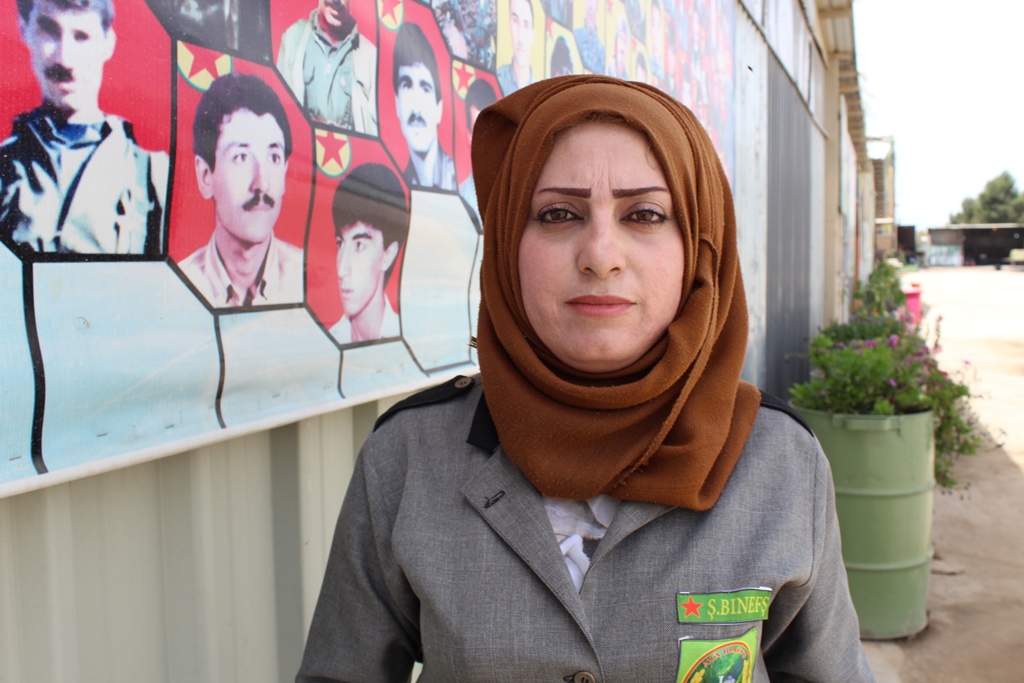
One of the workers in the plant, Siham Al-Assaf, said that the plant created this job for them to provide an income for their families. She added, ”Thanks to the Rojava revolution, women have a role in almost all fields now. Women have broken the shackles that were holding back their potential. We will put all of our effort into this work and help it to improve and move forward, and to become a model for women to emulate and be encouraged by.
